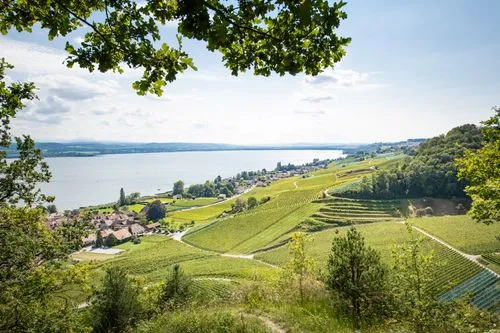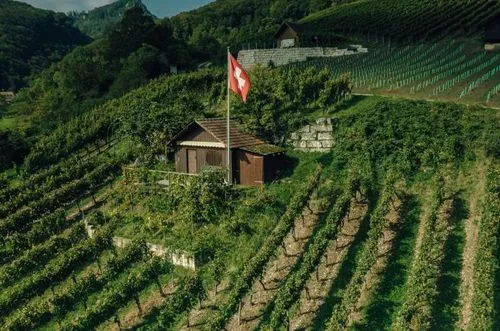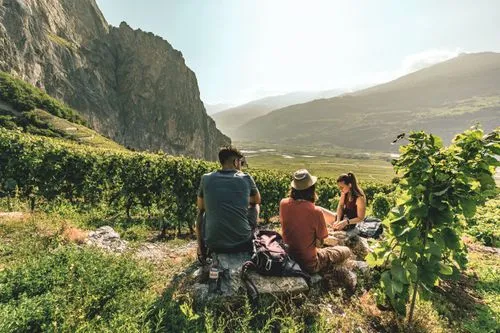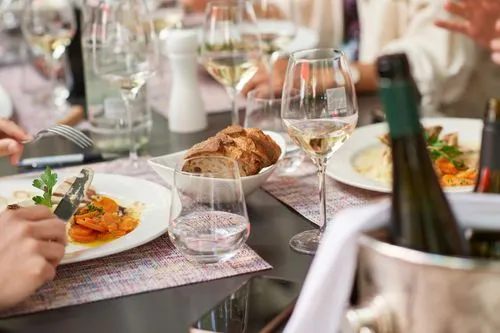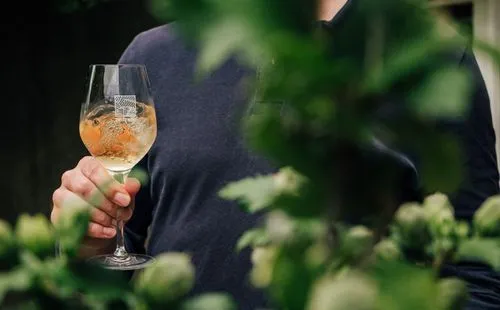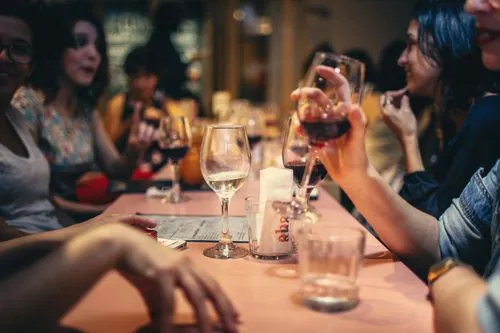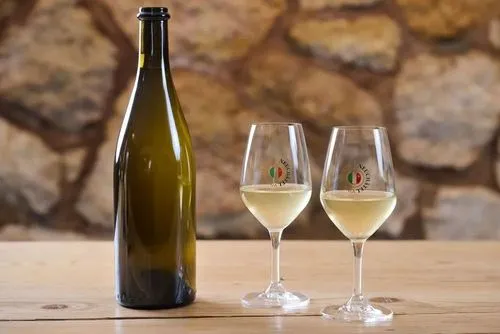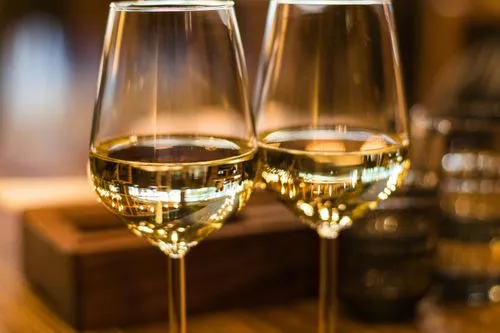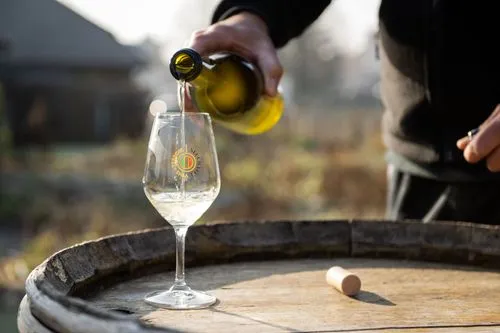A winemaker from Lavaux is proud of the freedom of Swiss viticulture
Eric Bovy, when was the last time you drank foreign wine?
That was at Easter, because I was abroad.
And when you're in Switzerland?
Then I only drink Swiss wine.
How do you explain to your customers why they should favour local wines over foreign ones?
The biggest advantage of wine production in Switzerland is its diversity. On a relatively small vineyard area of around 14,000 hectares, we have over 100 different grape varieties, which is great. In addition, the quality level is very good and we have an excellent price-performance ratio.
Are the advantages of Swiss wine already well enough known?
It's starting slowly. I receive a lot of international customers: yesterday I had a group of Americans, today I have customers from Taiwan. Many people tell me that they didn't even realise that wine is produced in Switzerland. I want them to discover that not only chocolate, Gruyère, or watches are produced here.
Earlier, you mentioned a good price-performance ratio. However, there are hardly any cheaper wines in Switzerland than in France, Italy, or Spain. Why is that?
If you visit our vineyards, you will immediately see why!
And what is that?
Lavaux is not very mechanised due to the slope. My plots have a slope of between 30 and 60 per cent. On three out of eleven hectares, it is impossible to work with machines. So there is a lot of manual labour. In addition, average wages are higher in Switzerland. Of course, you will find cheaper wines elsewhere because it is simply not possible to produce so cheaply here. But if you want excellent quality, you also have to pay a certain price abroad. It is a myth that Swiss wines are particularly expensive.
Can local wines compete with those from world-famous wine-growing regions such as Burgundy or Bordeaux?
In terms of quality, we can compare ourselves with the biggest wine regions. Swiss wines are often honoured at international competitions. One trump card is that every Swiss region has its own typical grape varieties: for example Ticino with its Merlot or Graubünden with its Pinot Noir. Here in Lavaux, it's clearly the Chasselas. But we also do other things – and we do them well. When I took over the business from my father, we had maybe four or five different wines, today we have 17.
An impressive increase!
Fortunately, we have legislation in Switzerland that allows us this diversity. I regularly receive producers from abroad who are a little envious of the freedom we have here. In my opinion, this has helped local winegrowers to express their creativity.
So the diversity of your wines has increased. Are there any other important changes that your company has experienced?
On a technological level, we can now work with refrigeration or micro-oxygenation. These are tools that the generations before us didn't have. I don't want to say that they didn't make good wine back then, but there is not just one way. Due to global warming, the grape harvest is starting earlier and earlier. With grapes harvested after midday, the must reaches the cellar at 28 or 29 degrees. If you don't have a cooling system, it becomes difficult.
Does climate change also have advantages for you as a winegrower?
The grapevine is a plant that loves the sun and warmth. We have had almost consistently good vintages since 2017. Let's take the 1960s as a comparison: it was the other way round and you had to look for good years. Climate change has a positive side for us, but also a worrying one. Chasselas tolerates the heat well, but other grape varieties are starting to become problematic - especially Pinot Noir.
Which loves the cool.
Yes, we reserve plots for it at an altitude of 500 to 600 metres. But even there, we started harvesting at the beginning of September last year. I don't know whether the next generation will still plant Pinot Noir here.
Does that worry you?
Three quarters of my vineyards are planted with Chasselas, so I'm not too worried about that. After all, Chasselas is in our DNA. In regions like Burgundy, which favours Pinot Noir, it's a different story. What will they do in the future? That's the big question.
Finally, the question of your favourite grape variety - is that easy for you to answer?
That's definitely Chasselas! My favourite wine is our Clos, a Premier Grand Cru Classé. The vines grow on a plot in St-Saphorin. The soil there is calcareous, which makes the Chasselas very mineralised.
What is your favourite thing to drink it with?
It goes well with an apéritif. Or with a nice whitefish fillet or a char from the lake. It's magical!
Pretium
Related Articles
All the news about Swiss wines and exclusive reports.
To visit our site, you must be of legal drinking age in your country of residence.
